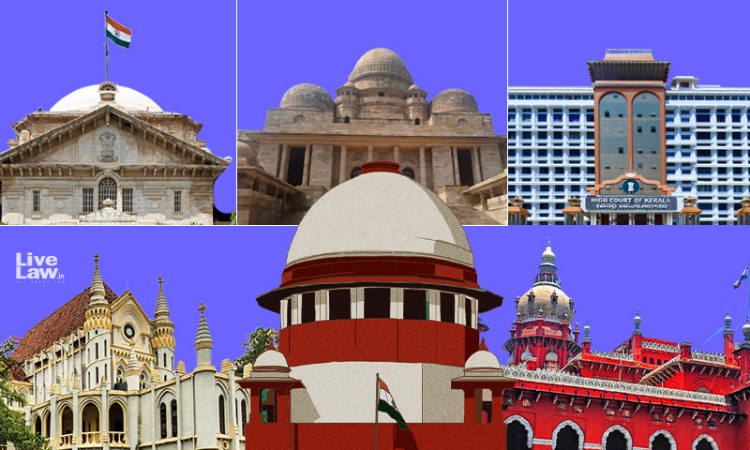'Cow Exhales Oxygen', 'Skin To Skin' , 'Will You Marry Her' & Other Controversial Judicial Remarks Of 2021
LIVELAW NEWS NETWORK
22 Dec 2021 3:07 PM IST

Next Story
22 Dec 2021 3:07 PM IST
In 2021, there were certain bizarre and astonishing remarks made by judges, which created widespread public controversies. Here is a look at some of them.'Cow the only animal which exhales oxygen' : Allahabad High CourtWhile deciding a bail application in a case for cattle slaughter, Justice Shekhar Kumar Yadav of the Allahabad High Court opined that cow should be declared as the national...
